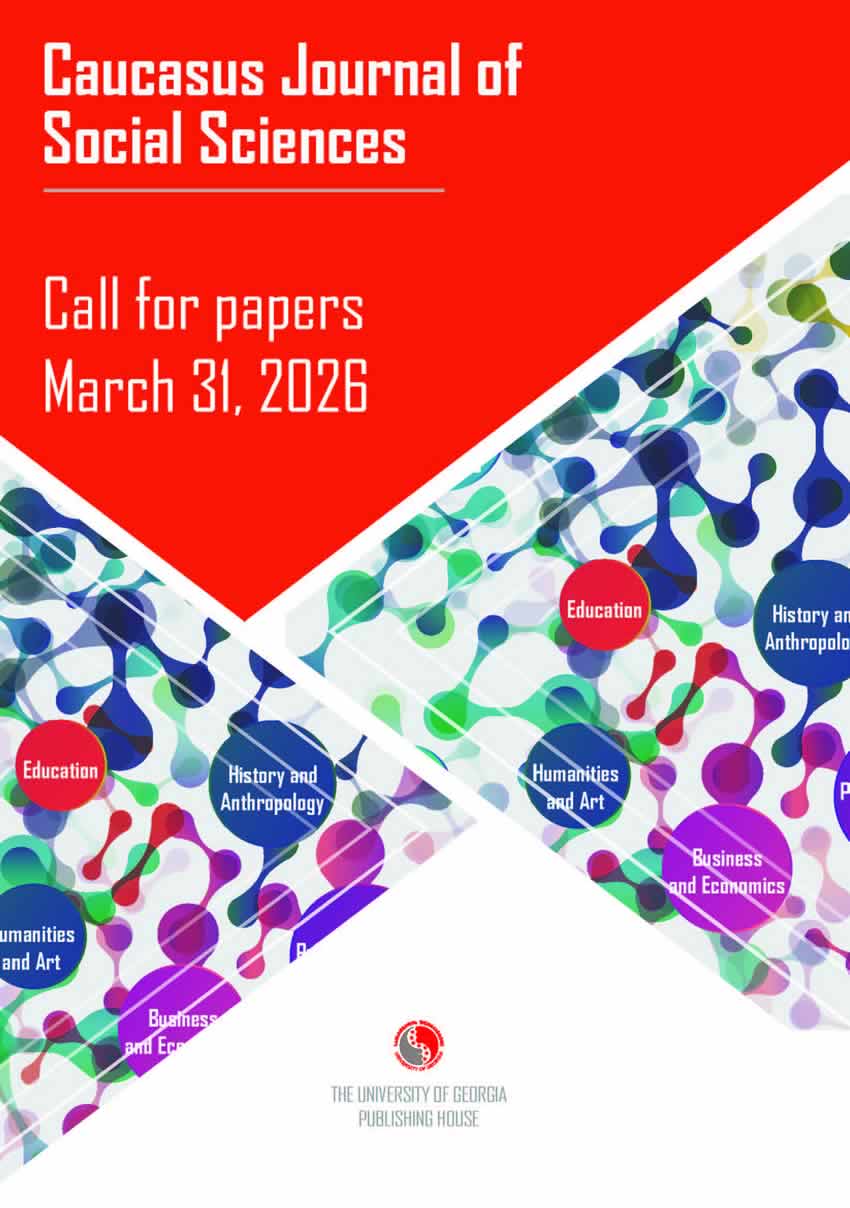Energy Security Aftermath of Russo-Georgian War: Implications for South Caucasus
DOI:
https://doi.org/10.62343/cjss.2009.17Keywords:
Geopolitics, Energy security, Caspian Sea, Oil and gas reserves, August 2008 Russian invasion of Georgia, Nabucco pipelineAbstract
Since the collapse of the Soviet Union, the Caspian Sea and South
Caucasus has become the focus of considerable international attention,
primary because it is one of the oldest and potentially richest
oil and gas producing areas in the world. The August 2008
Russian invasion of Georgia and the unilateral recognition of the
independence of Abkhazia and South Ossetia fundamentally
changed the situation in the region. The war has created a new
strategic situation.
And the question is now how to handle this delicate situation
in a strategically and geopolitically important region. So by controlling
Georgia (in case Russia reaches abovementioned aims),
Russia actually will be able to cut off Central Asia and Caspian resources.
It means Russia would be able to isolate and cut off Azerbaijan
and Central Asian countries and it will significantly
strengthen its energy monopoly over Europe with all results out
coming from that fact. So it’s about a major shift in the energy policy
and a major shift in geopolitics based on this energy policy and
Russian energy monopoly. The August war in Georgia demonstrated
some risks associated with the functioning of the transit
energy corridor in the southern Caucasus. It also demonstrated the
need for broader security guarantees for a region that is vital to
European and global energy security. This paper deals with economic
damage inflicted by the Russo-Georgian war in South Caucasus
and its implications for regional security.
Downloads
Published
How to Cite
Issue
Section
License
Copyright (c) 2023 Kornely Kakachia

This work is licensed under a Creative Commons Attribution 4.0 International License.
In case an article is accepted for publication it is allowed to combine the article with other research, to conduct new research on the article, or to make different arrangements on condition that the same license is used including commercial purposes.
As an author of an article published in the Caucasus Journal of Social Sciences, you retain the copyright of your article and you are free to reproduce and disseminate your work.











